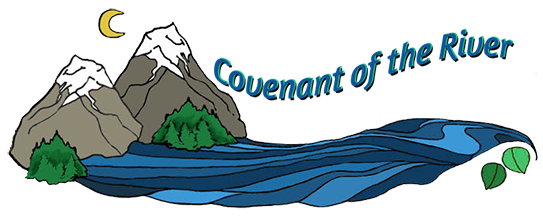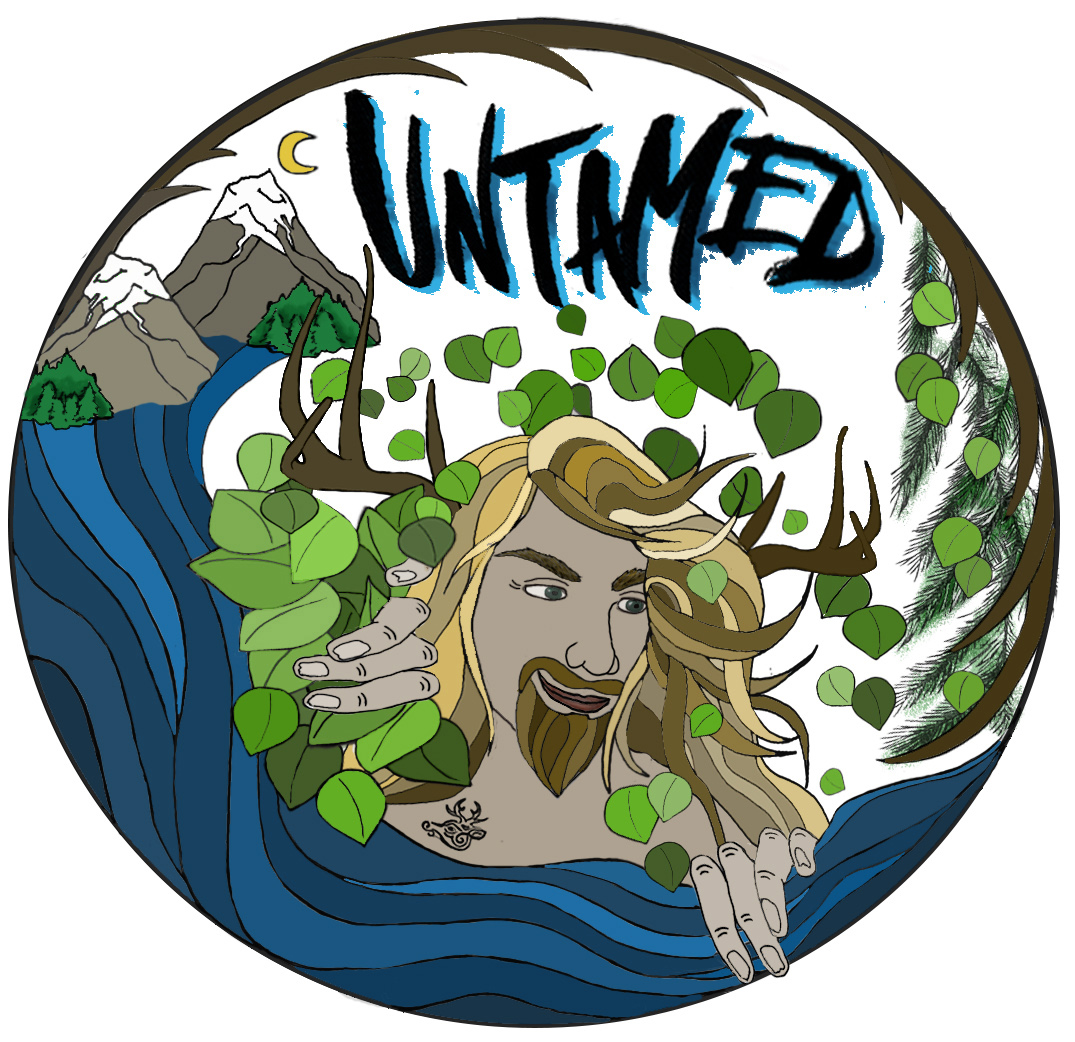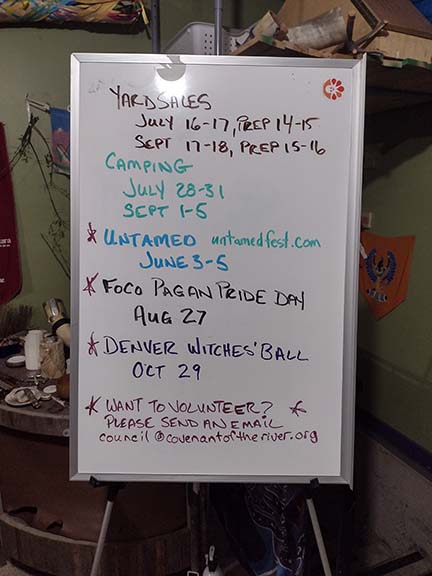I grew up watching a show called Cheers. The theme song for that show had a chorus that went:
“Sometimes you want to go
Where everybody knows your name
And they’re always glad you came
You want to be where you can see
Our troubles are all the same
You want to be where everybody knows your name”
This song resonated with me in a number of ways. But one of them was I was a big nerd. My family, my teachers, even some of my “friends” thought that my hobbies were a waste of time, silly, immature, frivolous, childish. But my love for D&D and miniatures let me see places where people were treated the same. You were judged by your skill in the game, not by your gender, your race, or your wealth. These were outlets where people could unburden themselves from the shackles of the day to day grind and just be free to express themselves. Part theater, and part game, people could express themselves without judgement.
Recently I attended a convention in the Chicago area for these hobbies, and I was struck by how many people are talking about mental health. But of course we were. We grew up as nerds, being put down for our hobbies, being told that the games we played were either outright wrong (Satanic Panic of the 80’s and 90’s where the Christian right wing tried to ban these games) , or at the very least that it was silly and childish. The thing is, we were looking for a place to just be ourselves and be free to express our emotions.
Some of us were LGBT+, some were minorities, some of us were just frustrated pubescents and pre- pubescents, some of us just had no where else to actually feel free to say certain things or to act like a child; we had never had a childhood, we had been forced to grow up too soon. Whatever the reason, this was our escape. And people wanted to dump on us for having it.
So of course the community that grew around these hobbies is now talking a great deal about mental health, depression, and suicide prevention. We lost people. They never felt okay in the one place that they wanted to. They were made fun of, once again, for the one thing they tried to do for themselves. They found a place to be okay and maybe work through some things, and then other people decided to take it away from them.
There’s a difference between Networking, and a Community. We use the phrase family of choice quite a bit, because that expresses what a community really is. People taking care of each other, not just knowing who the other person is, but really caring for and being there for each other. Otherwise, you are just networking. At my convention I saw people break down, out in the open in front of everyone, and I saw them be held by their friends. I saw people go out of their way to encourage children, to bring people of every age, race, gender, and sexuality into the fold and to the table. I saw people stop talking, backtrack, and really listen when they were told that what they had just said was offensive, and they really meant it when they apologized.
My hobbies have nothing to do with my life’s work: to being Council for Covenant of the River. But at the same time, it kind of does. We all just want a place where everyone knows our name. We all want a place to be heard and held and understood. Of course my hobbies have turned towards talking about mental health. Of course my family of choice has done a great deal of work on trying to be inclusive. We all know what it was like to feel alone. No one should feel alone. You’re not alone. You just need to find your Cheers and they’re always glad you came. I hope that we build such an environment for you. If not, please let us know what we might do to help make it better.
Jordan



